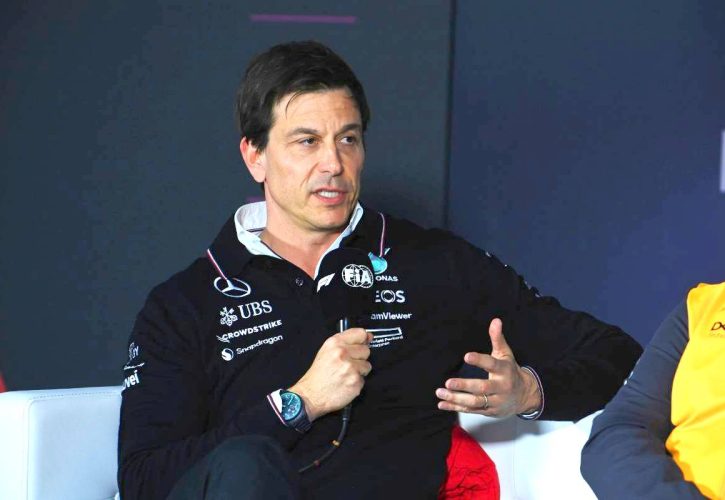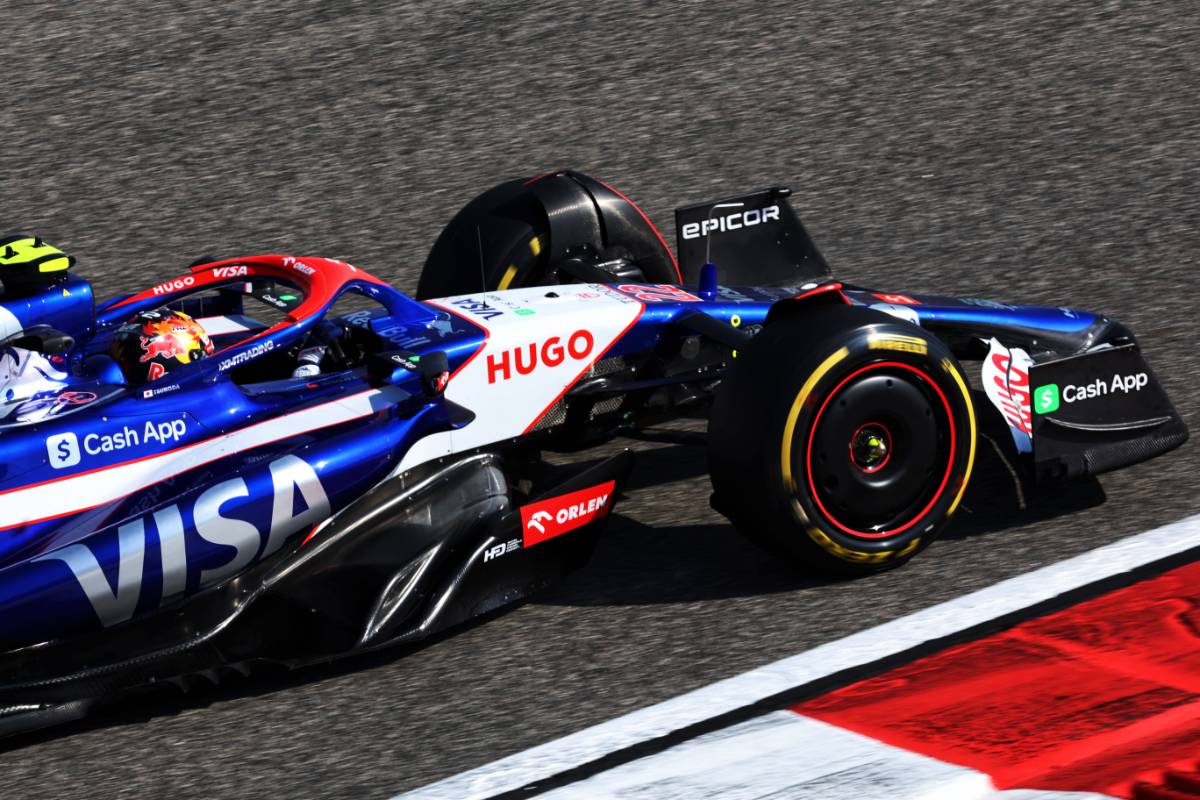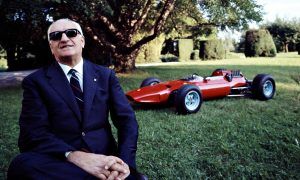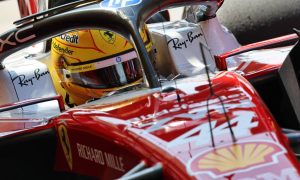
Mercedes boss Toto Wolff acknowledged the need for a “reset” of Formula 1’s regulations governing team alliances amid brewing tensions in the sport’s political landscape.
The topic has repeatedly been put in the spotlight lately by McLaren Racing CEO Zak Brown who argues that the current collaboration between red Bull Racing and sister outfit RB constitutes an unfair advantage.
Brown believes the existing rules are "not fit for purpose" and has called for a complete overhaul by 2026.
However, the issue isn't as simple as a clear-cut divide between those who support and oppose team alliances.
Wolff, whose team supplies engines, gearboxes, and suspension to Aston Martin and Williams, acknowledges the need for a "reset" but emphasizes the importance of finding a solution that benefits all of the sport’s stakeholders.
“We need to have all of the 10 teams happy with the situation, so we are not excluding the small ones that need such cooperation,” said Wolff at the Bahrain GP.
"[Plus] the ones that by sheer shareholding are sister companies, and that's fine, and to the big ones that have no relationships, like McLaren, and us, which has a relationship with many. So 2026 is the point where we can reset that.”
Wolff acknowledged that ending customer relationships between teams would be detrimental to Mercedes. However, in an ideal world he would rather prioritize the sport's health over his team's immediate financial interests.
“I'm talking about our own business here because we are earning good money in supplying parts,” he said. “We are selling suspensions to Aston Martin and to Williams, and gearboxes and aerodynamic services in terms of the wind tunnel to Aston Martin. And that is quite a profit contributor.
“But I'd rather not have any of that and have all of us being a constructor because then we can stop all of these discussions.”

On the political front, Wolff reckoned that restricting alliances, and particularly situations where entities have common ownership across multiple F1 teams, would eliminate scenarios where certain teams can form "voting blocs" to obstruct rule changes.
“Like Zak [has] brought up, if one guy takes all the decisions, or a small group of people for two teams, what does it mean for our good governance in the sport?” he said.
“You have two votes in a 10-group F1 commission. You already have 20% of the votes. And none of us has that.
“I know there's the argument, always: ‘Yeah, well, Williams is going to vote like you’. But look at the stats, that's not the case and certainly not the case for everything that's chassis-related.
“I haven't seen any different voting on chassis-related topics or any other voting between AlphaTauri and Red Bull. Because it's one person that probably decides what the vote is.”

In response to Brown’s indictment of Red Bull’s dual ownership in F1, Red Bull Racing team boss Christian Horner said the sport as a whole should be grateful for the energy drink’s longstanding presence and support.
Wolff agreed that Red Bull should be given the credit it deserves for its significant contribution to Formula 1. But the Austrian also emphasized the need to create a competitive environment that satisfies all current participants.
“I think there is a legacy situation with Red Bull that the sport owes them a lot,” he said. “They have two teams, they finance them, they have a great junior program, a track and lots of brand value. They are not like any other smaller team.
"So I think on the shareholder level, it's quite a difficult discussion based on that contribution. But on the other side, we are a constructors’ sport and I believe same shareholding, same location, share of facilities, it's clear that some ambiguity is always going to be left with competitors.
"I think what we need to look at is the regulations. Are the regulations robust enough? Are they policed well enough for us to feel in a safe place? Are we seeing some potential loopholes? And what is it we need for 2026? And I think that is the main question."
He added: "Define regulations that leave everyone comfortable with the situation. From the small teams that use such collaboration, like Haas, because it's going to be very difficult for them to stand on their own feet, to the teams that have no relationships with any other, or no customer-client relationship, to the big teams all the way on the other end that have joint shareholding and same locations.
"I believe that is the thing we need to be tackling: that everybody is fine with the situation."
Keep up to date with all the F1 news via Facebook and Twitter







